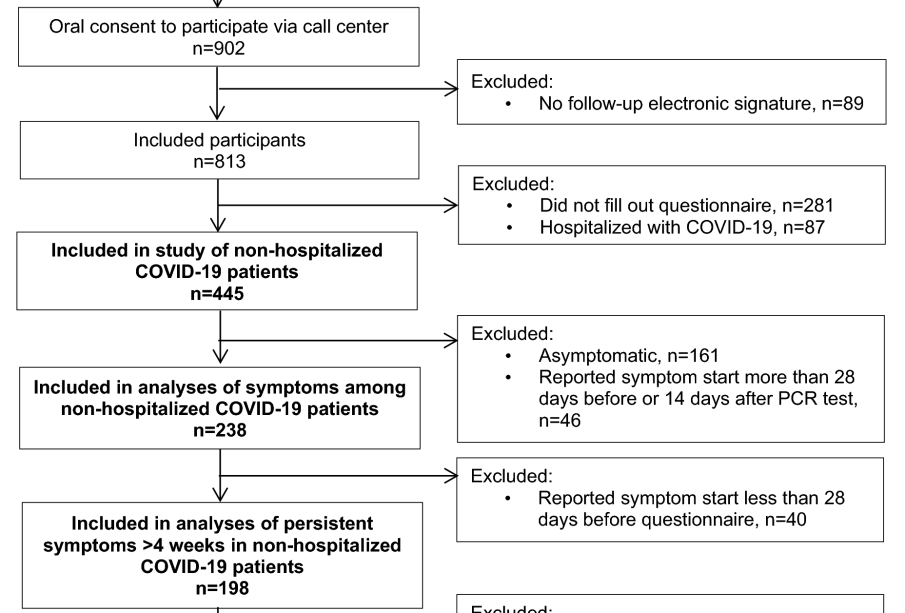An Insight into COVID Symptoms and Their Importance

Introduction
The COVID-19 pandemic has reshaped global health policy and personal behaviours since its onset in 2019. Understanding COVID symptoms is crucial not just for individual health, but also for broader public health initiatives aimed at curbing the spread of the virus. As new variants continue to emerge, keeping up-to-date on the symptoms associated with COVID-19 has never been more relevant.
Main Body
Common Symptoms of COVID-19
The classic symptoms of COVID-19 include fever, cough, and shortness of breath. Other common manifestations include loss of taste or smell, fatigue, body aches, and sore throat. According to the UK’s National Health Service (NHS) and the Centers for Disease Control and Prevention (CDC), these symptoms typically appear 2-14 days after exposure to the virus.
Emerging Variants and Changing Symptoms
As variants of concern arise, such as the Omicron and Delta variants, healthcare professionals report that symptom profiles may vary. For instance, Omicron has been associated with symptoms more akin to an upper respiratory infection, including runny nose, sore throat, and persistent headache. This implies that even mild symptoms should not be disregarded, particularly as cases continue to fluctuate across regions.
Importance of Monitoring Symptoms
Monitoring and understanding COVID symptoms is essential for timely testing and potential isolation. Testing availability has improved significantly, allowing for better identification of COVID cases, thereby aiding in reducing transmission. Vaccinations have also demonstrated efficacy in reducing severe symptoms and hospitalisation, further solidifying the importance of vaccination in managing the health crisis.
Conclusion
In conclusion, staying informed about COVID symptoms is imperative for both individual safety and public health policies. With the pandemic still ongoing and the emergence of new variants, it remains critical for everyone to remain vigilant, monitor their health, and seek testing if symptoms are present. Ongoing research continues to provide updated insights into the disease, and understanding these developments will empower individuals to take proactive steps in protecting themselves and others. As we navigate through this evolving landscape, the significance of recognising and responding to COVID symptoms cannot be overstated.









